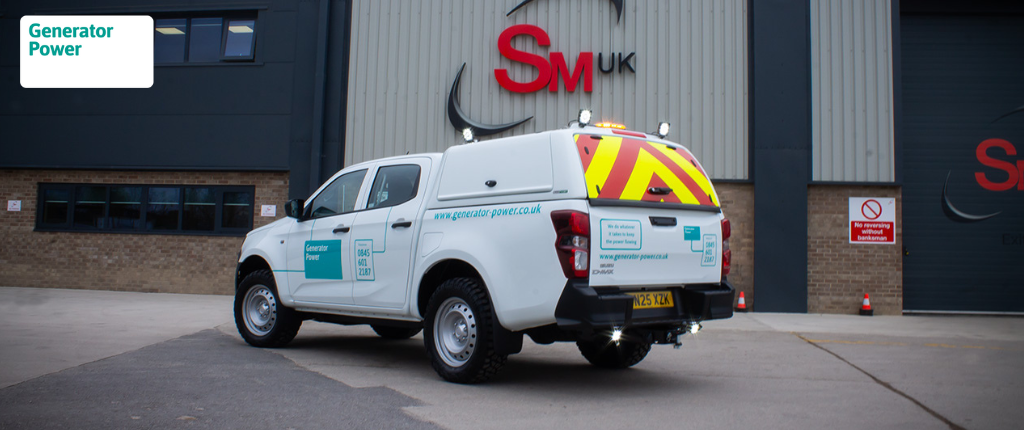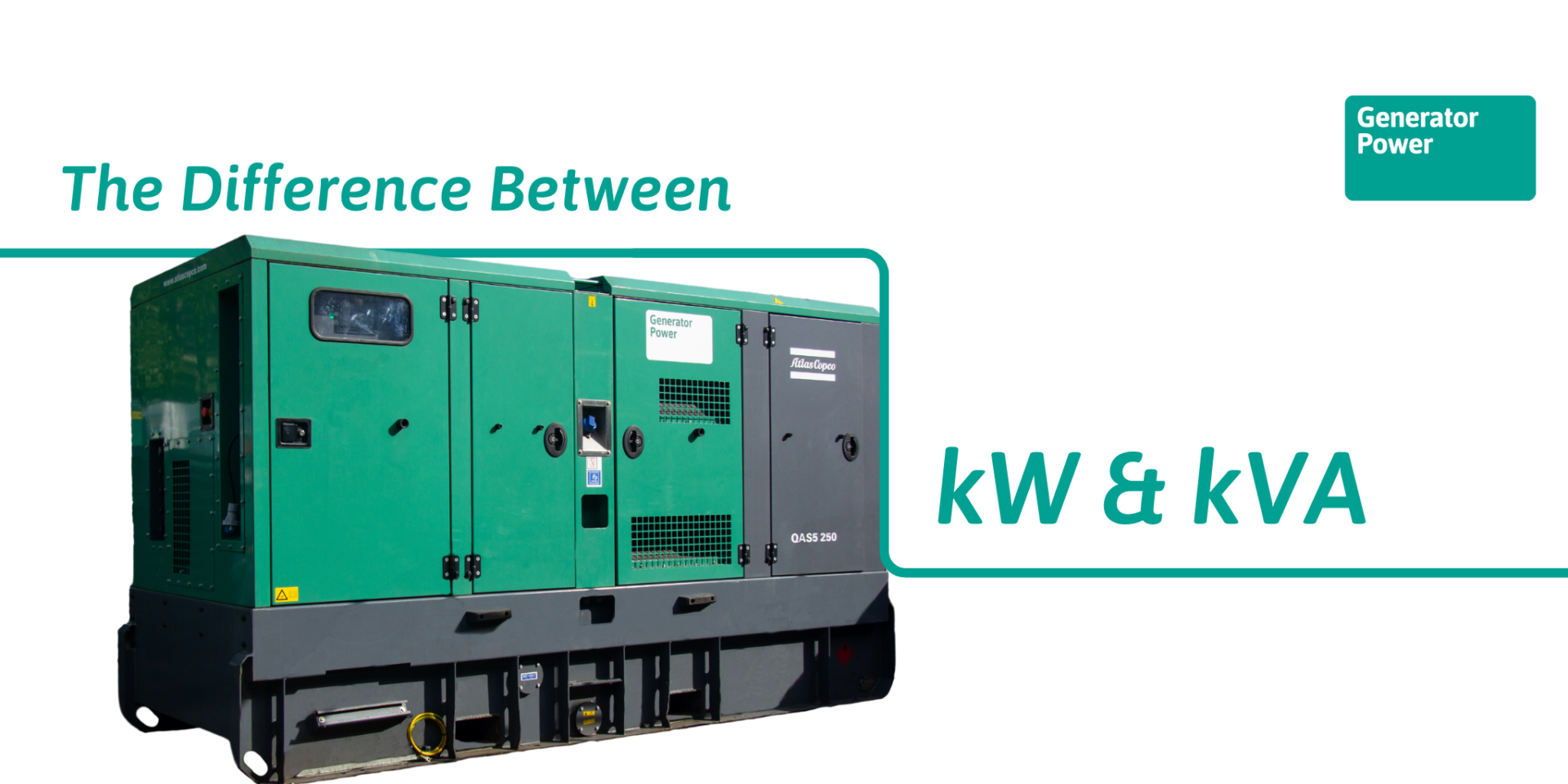Generators are the perfect solution to provide backup power in an emergency situation.
You’ll find standby generators installed in large institutes like hospitals, universities, hotels and other buildings where power outages can cause problems. Plus portable generators provide emergency power to domestic homes that are situated in areas where power failures are common and it’s reassuring for residents to know they have standby power should they need at some point. Choosing the best power plant for domestic properties can be difficult though and this blog looks at two avenues you can take.
Standby generator
This is the easy option but the most expensive. You don’t have to do a thing when you have a standby generator ready to fire up at the first sign of trouble.
A standby generator has its own fuel source, this is normally diesel or in some cases in can be propane gas. The moment the mains power goes down the emergency generator kicks in and as long as there’s enough fuel to keep the generator going your home will have power. The only drawback is the price. You have to consider the cost of buying the standby generator and all the ancillaries that connect it to the home.
Portable generator
The cheaper option and good option for backup power on a temporary basis. As soon as the power goes down you can position the portable generator in a good location outside your property and run power leads into the home.
You have to be careful with the amount of appliances you run off a portable generator though and take care with the fumes from the engine. It’s a good idea to monitor the fume levels that are getting into the house and use a carbon monoxide detector if possible to make sure everything is safe.
Both types of generators have their own appeal it all depends on the budget you have in mind and how often you are likely to need portable power. If you have occasional blackouts opt for a portable unit, if the area you live in is prone to power outages, a standby generator might be the better option.








